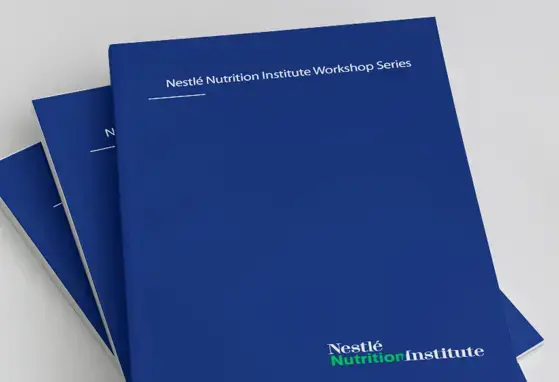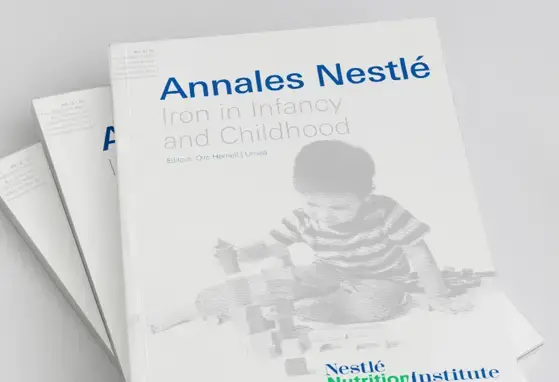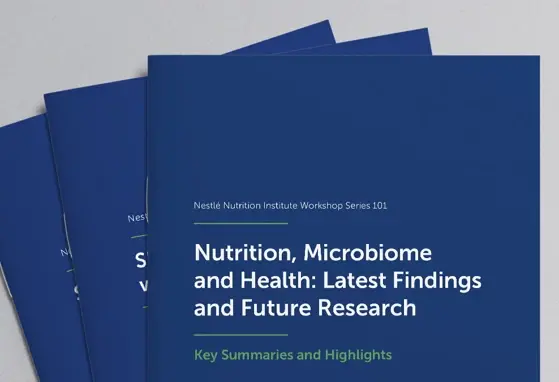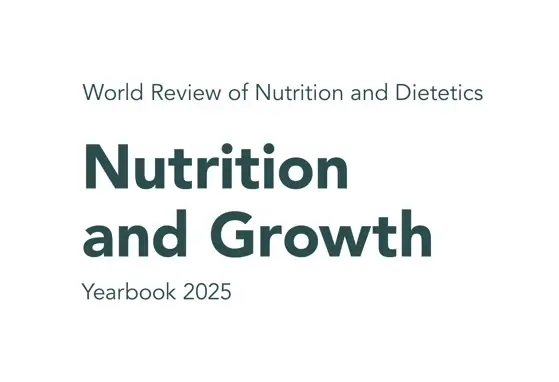Nutrition Publications
Here you will find freely downloadable publications on the latest nutrition topics, such as early infant nutrition, nutritional avenues to allergies, sports nutrition, and nutrition in disease states such as dysphagia or critical illness. All 3000 papers are organized across categories to make it easier for you to find specific information. If you are missing a reference you can also use our search function.
Latest Publications

Glycemic Responses to two Different Complimentary Feeding Regimens in Healthy Infants


Safety and efficacy of a probiotic-containing infant formula supplemented with 2’-fucosyllactose: a double-blind randomized controlled trial

Effects of an Extensively Hydrolyzed Formula Supplemented with Two Human Milk Oligosaccharides on Growth, Tolerability, Safety and Infection Risk in Infants with Cow’s Milk Protein Allergy: A Randomized, Multi-Center Trial

Human Milk Oligosaccharide-Stimulated Bifidobacterium Species Contribute to Prevent Later Respiratory Tract Infections

Biology of human milk oligosaccharides: From basic science to clinical evidence

The Latest Buzz about Heavy Metals, Infants, and Young Children






